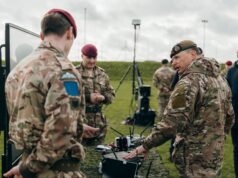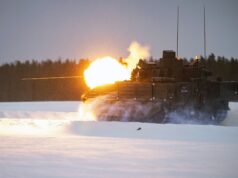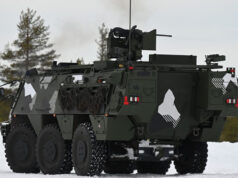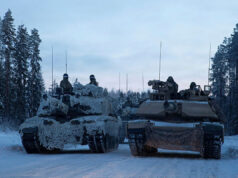The Ministry of Defence has confirmed that its policy on the call-out and mobilisation of reservists has remained unchanged over the past six months.
In response to a parliamentary question from Helen Maguire MP (Liberal Democrat – Epsom and Ewell), Minister of State Maria Eagle stated that although reservists are technically on immediate notice for mobilisation, the Department’s policy remains that “wherever possible, a minimum of 28 days’ formal notice will be given for contingency operations and 90 days for pre-planned operations.”
Eagle stressed that in developing mobilisation policy, “ensuring that the process is optimal for Defence, the Employer and the Reservist continues to be at the forefront of our thinking.” The emphasis, she said, remains on balancing military needs with the realities faced by reservists and their civilian employers.
The announcement comes at a time of heightened attention on reservist issues. The Future Reserves 2020 programme, launched under the Coalition Government, aimed to grow and better integrate reserve forces with the Regulars.
Although the trained strength of the reserves grew by 29% between 2013 and 2024, numbers have been falling from a peak of 33,010 in 2020, and only the RAF Reserve has met its target size.
Concerns about reservist support were recently raised in Parliament. In November 2024, Steve Yemm MP (Labour – Mansfield) warned of inadequate funding, reduced training opportunities, and unexpected salary shortfalls driving reservists away from service.
Responding at the time, Defence Minister Al Carns, himself a new reservist, announced that a review of the reservist system would be undertaken and linked to the broader Strategic Defence Review. This review, currently underway, aims to simplify processes and strengthen support for reservists, ensuring they can continue their vital contribution to national defence.














The policy remains to ensure the absolute bare minimum bother to volunteer for operations, take 6 months to work up in less than section size groups, and then only do 3 months on tour. No sorry, just a bit tongue in cheek from experience as an SPSI. Our Reservists are talked up at every opportunity, but massive lack of funding, interest, morale, commitment and enjoyment impact actual numbers who bother to turn up for training and certainly who volunteer for Ops. You do get excellent people but they are neglected and left to wither. The policy of calling ex Regs up as well, back to the colours, is pretty pointless, as after a few years nowadays things change so much most will need an extensive time period to become current once more.
Indeed, the UK Reserve system is very much not fit for purpose. Though I’d suggest calling up Ex-Regs (something that hasn’t been exercised in 30 years I believe) still has a purpose in rapidly expanding the forces. Skill fade and doctrinal advances are a thing, but in the even of war, that’s the quickest and easiest skill base we’d have access to build upon.
Ref the Ex Regs mate you have a point, but the numbers would be pretty small, but they could in fact form a cadre of specialists and SNCOs to assist in the call up and training. Cheers.
Eh, pretty small is relative. IMO we should have paper units that people move through in terms of competency.
Eg have 8 Para which is a paper formation that all Paras who retired in the last, say 4 years, are assigned to. In the event of War they can form the nucleus of the British 3rd Wave of personnel. Then have 9 Para which on paper holds everyone who is retired 4-10 years ago, and can form the nucleus of the 4th wave.
Because although competencies in things like Drone Tactics will be out of date, they’ll be faster to teach than brand new Joe’s, and if they where called up as cadres for brand new Joe’s, they can provide the NCO’s for the new units.